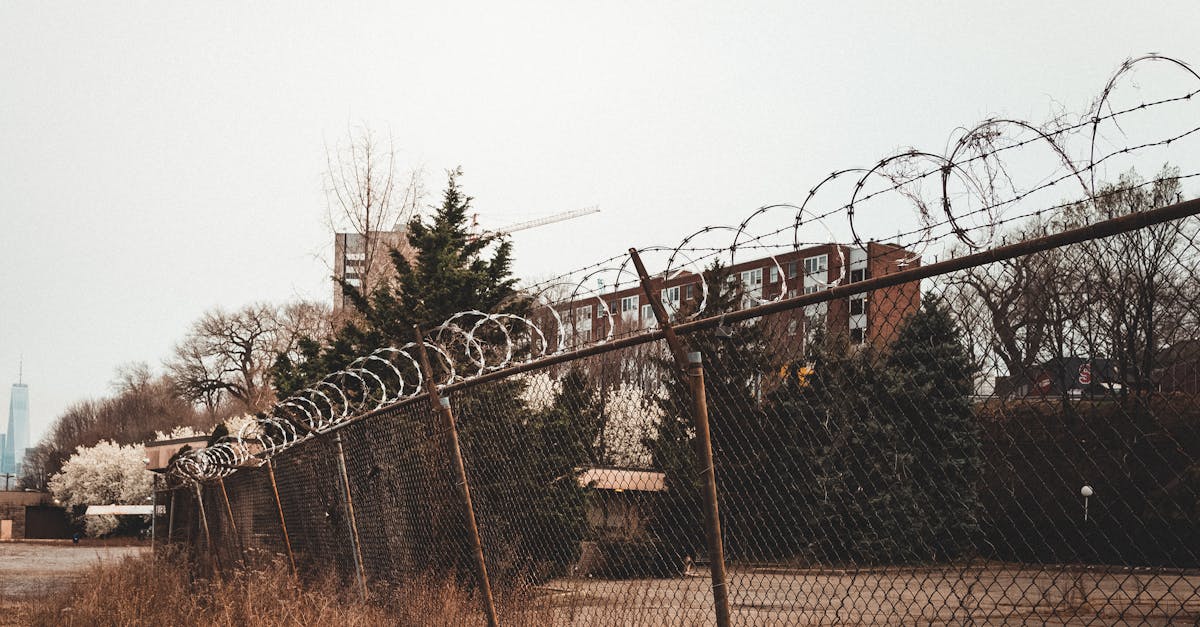
Intellectual Property Infringement
Intellectual property infringement is a serious issue that can jeopardize the hard work and creativity of individuals and businesses. It occurs when someone uses, copies, or distributes intellectual property without permission, violating the rights of the rightful owner. In such cases, seeking legal advice and support is crucial to safeguard your intellectual property rights. If you believe your intellectual property has been infringed upon, it is essential to consult with legal experts specializing in intellectual property protection near me to understand your legal options and the steps to take.
Taking prompt action when infringement occurs is paramount in protecting your intellectual property rights. Document all evidence of the infringement, including dates, communications, and any other relevant information that can support your case. Notify the infringing party in writing, requesting them to cease and desist from using your intellectual property. If the infringement persists, seek legal recourse to enforce your rights and seek compensation for damages. Consulting legal professionals specializing in intellectual property protection near me can provide you with the guidance and support needed to navigate the complexities of intellectual property infringement cases.
Steps to Take When Infringement Occurs
Upon discovering that your intellectual property has been infringed upon, the first course of action should involve promptly gathering evidence to support your claim. Document all instances of infringement, including dates, times, and any communication exchanged with the infringing party. Consult with legal counsel or an intellectual property protection near me service provider for guidance on the next steps to take. It is crucial to act swiftly and decisively in protecting your intellectual property rights to prevent further unauthorized use or dissemination of your creations.
Once you have gathered sufficient evidence and sought legal advice, consider sending a cease-and-desist letter to the infringing party. This formal communication serves as a notice to stop the unauthorized use of your intellectual property. Clearly outline the specifics of the infringement and demand that the activities cease immediately. Additionally, explore the possibility of negotiating a settlement or pursuing legal action through the appropriate channels. Remember that timely and strategic action is paramount in safeguarding your intellectual property rights in the face of infringement.
Licensing Intellectual Property
When considering licensing intellectual property, it is crucial to understand the terms and conditions involved in such agreements. Whether you are the licensor or the licensee, ensuring that the agreement is comprehensive and protects the interests of both parties is vital. Seeking legal advice can help in drafting a precise and enforceable licensing agreement. It is advisable to get in touch with a legal expert specializing in Intellectual Property Protection near me to guide you through the intricacies of licensing.
Moreover, negotiating license agreements entails careful consideration of various factors such as the scope of the license, duration, territory, and any restrictions on usage. Crafting a clear and concise agreement that clearly outlines the rights and obligations of both parties can mitigate potential disputes in the future. Intellectual Property Protection near me can help navigate the legal landscape surrounding licensing agreements and ensure that your intellectual property rights are adequately safeguarded.
Negotiating License Agreements
When negotiating license agreements for intellectual property, it is crucial to outline all the terms and conditions clearly to avoid any potential disputes in the future. Make sure to specify the scope of the license, including the rights granted, duration, and any limitations imposed on its use. It is advisable to consult with legal experts specializing in intellectual property protection near me to ensure that the agreement is comprehensive and legally sound.
In addition to defining the rights and limitations of the license, it is essential to address issues related to royalties, payment terms, and any potential infringement matters. The agreement should also include provisions for termination, breach of contract, and dispute resolution mechanisms to safeguard the interests of all parties involved. Seeking guidance from professionals versed in intellectual property law near me can help navigate the complexities of licensing agreements and protect the integrity of your intellectual property rights.
International Protection of Intellectual Property
International protection of intellectual property is crucial for creators and inventors seeking to safeguard their innovations on a global scale. As businesses expand beyond domestic borders, the need to secure intellectual property rights internationally becomes imperative. Seeking avenues for Intellectual Property Protection near me is a strategic move for companies aiming to prevent unauthorized use or exploitation of their trademarks, patents, copyrights, or trade secrets in foreign jurisdictions.
By understanding the intricacies of international treaties and agreements governing intellectual property rights, businesses can navigate the complexities of cross-border protection. These treaties establish a framework for harmonizing intellectual property regulations among participating countries, facilitating a more streamlined process for obtaining and enforcing rights in multiple jurisdictions. Consequently, engaging in a proactive approach to international intellectual property protection not only safeguards innovations but also enhances the competitiveness and market positioning of companies operating in a global landscape.
Overview of International Treaties
Overview of International Treaties
Intellectual property rights are indispensable for creators and innovators seeking to protect their work on a global scale. Through various international treaties, countries have established frameworks to facilitate the recognition and enforcement of these rights across borders. Understanding these treaties is crucial for individuals and businesses looking to safeguard their intellectual property assets. Seeking guidance from legal experts specializing in Intellectual Property Protection near me can help navigate the complexities of international treaties and ensure comprehensive protection for your creations.
Many countries adhere to treaties such as the Paris Convention for the Protection of Industrial Property and the Agreement on Trade-Related Aspects of Intellectual Property Rights (TRIPS Agreement) under the World Trade Organization. These treaties provide a foundation for international cooperation in protecting intellectual property, offering standardized guidelines for member countries to follow. By aligning with these agreements, creators can secure broader recognition and enforcement of their rights beyond national borders, enhancing the global reach and value of their intellectual property assets.
FAQS
What is intellectual property infringement?
Intellectual property infringement refers to the unauthorized use, reproduction, or distribution of someone else's intellectual property, such as patents, trademarks, copyrights, or trade secrets.
What steps should be taken when intellectual property infringement occurs?
When intellectual property infringement occurs, the owner should gather evidence of the infringement, consult with an intellectual property attorney, consider sending a cease and desist letter, and pursue legal action if necessary.
How can licensing intellectual property help protect it?
Licensing intellectual property allows the owner to grant permission to others to use their intellectual property in exchange for royalties or fees, thereby controlling how it is used and generating income.
What is involved in negotiating license agreements for intellectual property?
Negotiating license agreements for intellectual property involves defining the scope of the license, setting royalties or fees, specifying usage restrictions, outlining terms of termination, and addressing any other relevant provisions.
How can international protection of intellectual property be achieved?
International protection of intellectual property can be achieved through treaties and agreements such as the WIPO-administered treaties, TRIPS Agreement, and bilateral agreements, which establish standards for intellectual property protection across borders.






